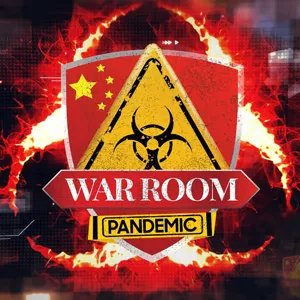When Army Sergeant Jonathan Lubecky returned to the U.S. from Iraq more than a decade ago, simple activities, like family trips to theme parks or the county fair, overwhelmed him.
He recalls “panic attacks, intrusive thoughts. I’d get auditory and olfactory flashbacks.” Along with an “intense fear that bad things were about to happen.”
He'd spent some of his deployment at a base in Iraq that caught mortar fire thousands of times, he says. One mortar even landed next to a porta-potty while he was inside.
Lubecky could not find mental and emotional relief. He tried all kinds of treatment: talk therapy, cognitive behavioral therapy, and multiple medications. None of them worked. Suicidal thoughts plagued him for eight years. He says he tried to kill himself five times.
Out of options, he enrolled in a clinical trial that used psychedelic-assisted therapy. The drug was MDMA — also known as Ecstasy or Molly. Lubecky says it worked.
“I literally went from being in a VA facility inpatient [program] to being Senator Rand Paul’s national veterans director in his presidential campaign in two years because of this therapy,” he says.





 View all episodes
View all episodes


 By Hutch Bailie Jr.
By Hutch Bailie Jr.















